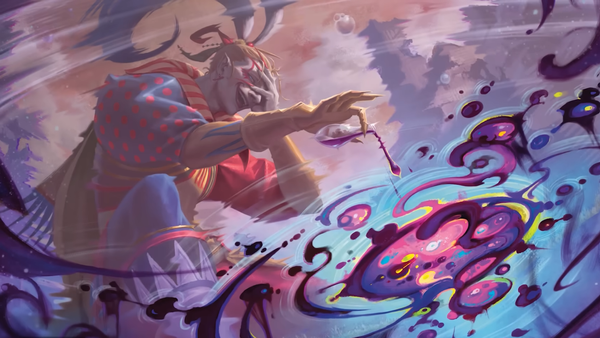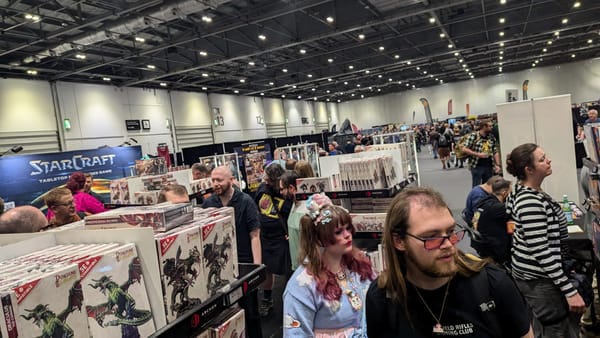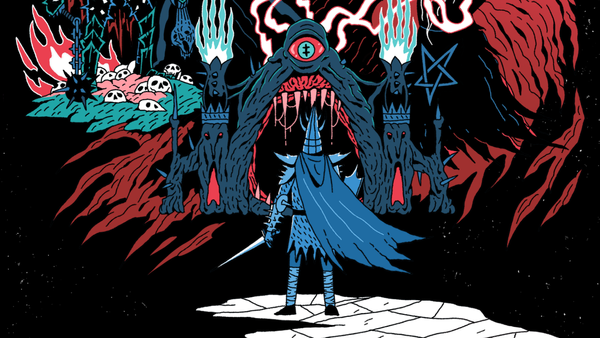I want to like Good Society, but I’m too cool (read: sad)
There are no truths universally acknowledged. There is just genre and politics.

Surprisingly, my dad was a big fan of romance novels. Georgette Heyer was his poison. But when I was growing up, he never tried to get me to read the books. Both my sisters were encouraged to give them a try, but he and my mom decided that their son wouldn’t like them. They were probably right.
When I first saw it, I was annoyed by Bridgerton. I caught glimpses of it over the shoulder of my partner, or from my work desk, or just standing in the corner while the TV played—ways that clearly signaled that I had more important things to do. In other words, the way my dad watched everything. But in my defense, the show left a bad taste at the back of my throat. It could’ve been something I ate, or it could’ve been its saccharine fantasy souring on contact with my rough tongue. It wasn’t the post-racial paradigm. I didn’t care if it was a pragmatic ploy by some perceptive, penny-counting producer to appeal to people of color. (Try saying that fast.) It was something else. But I didn’t think about it too much back then. I was probably busy doing something else—something manly.
In between season 1 and season 2 of Bridgerton, I played Good Society for the first time. In my eyes, the creators of the game, Hayley Gordon and Vee Hendro, are two of the most important working game designers out there. My best guess for why that isn’t a more common opinion is that they’re in Australia, which is clearly The West but took a wrong turn somewhere and found itself bafflingly in The East. Probably too embarrassed to ask for directions. I get it.
Good Society is a Jane Austen RPG that predates the Bridgerton TV show by at least a couple years. Mechanically, it’s a scene-based, GM-less game with a structured cycle of play. Thematically, it’s a regency romance game. Aspirationally, it opens up the regency genre for queer and POC people to have the same freedom (or lack thereof) as the Bon Ton regulars. Before, only straight white couples could not be alone without a chaperone, now everyone can’t. Yay. That’s a joke, but it’s also true. A regency romance offers not only the aesthetics, charm, and culture of the British aristocracy but also its baroque etiquette and classism. While many want to excise the sexism or homophobia of the time, nobody wants to remove the classism. It’s Good Society, not Best Society.





